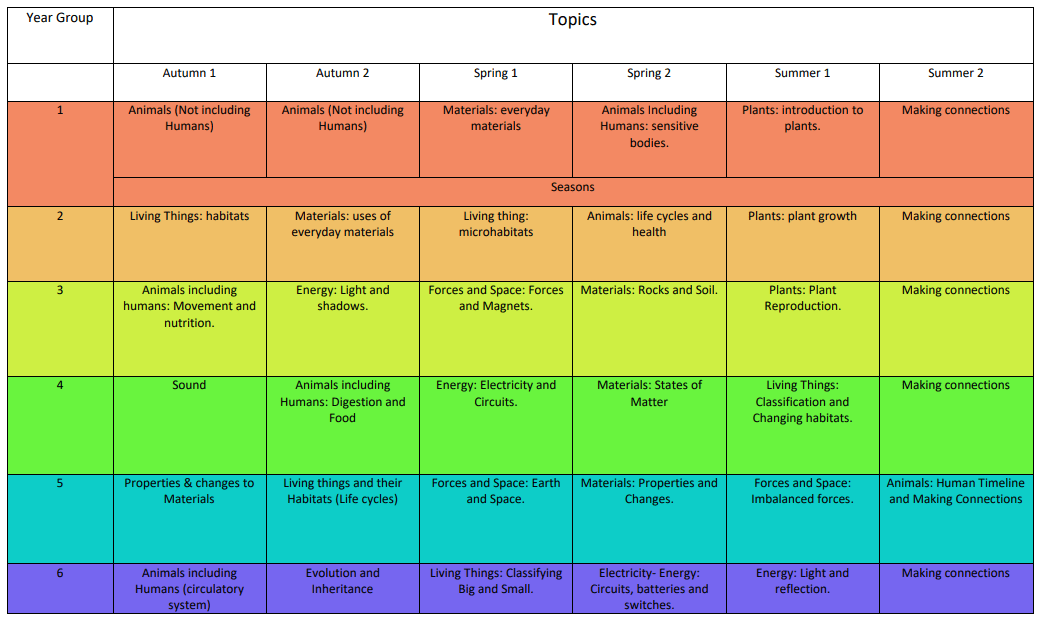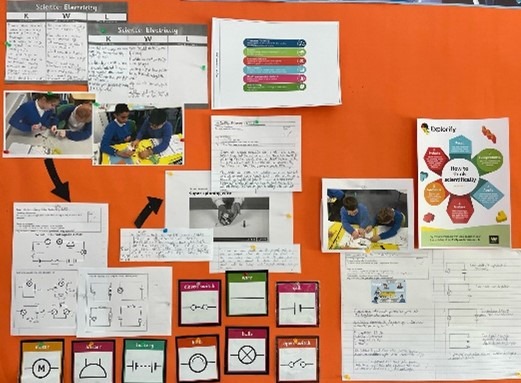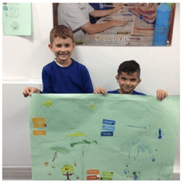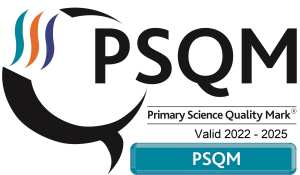At Thurnby Mead Primary Academy, we believe that science is about developing our understanding, enjoyment and interest in science so that we appreciate the impact it has on our lives and the world in which we live. We believe science is for EVERYONE and seek to encourage our children to make links to science inside and outside the classroom.
At our school, staff and children believe that great science happens when…
• It is fun and engaging, and linked to the real world
• Learning is practical and hands-on
• We are all involved in discovering, exploring and investigating
• Lessons are well organised with enough resources
• We are challenged to ask our own questions, experiment and make our own predictions and investigations
• We celebrate our learning and achievements and learn from our marvellous mistakes!

Our Impact In Science
Subject Leader/s
Science Lead- Mrs Georgina Bhalsod

















